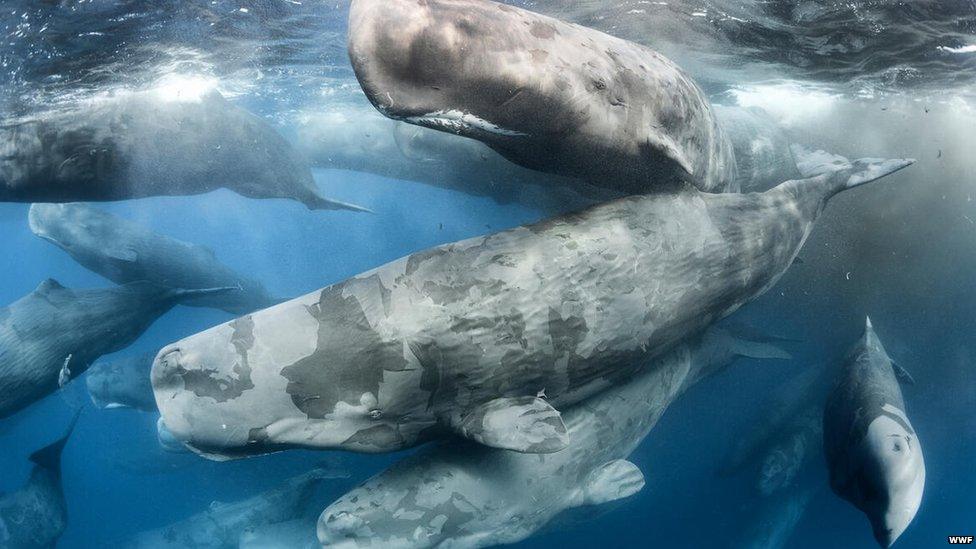Should weeing in the sea be banned?
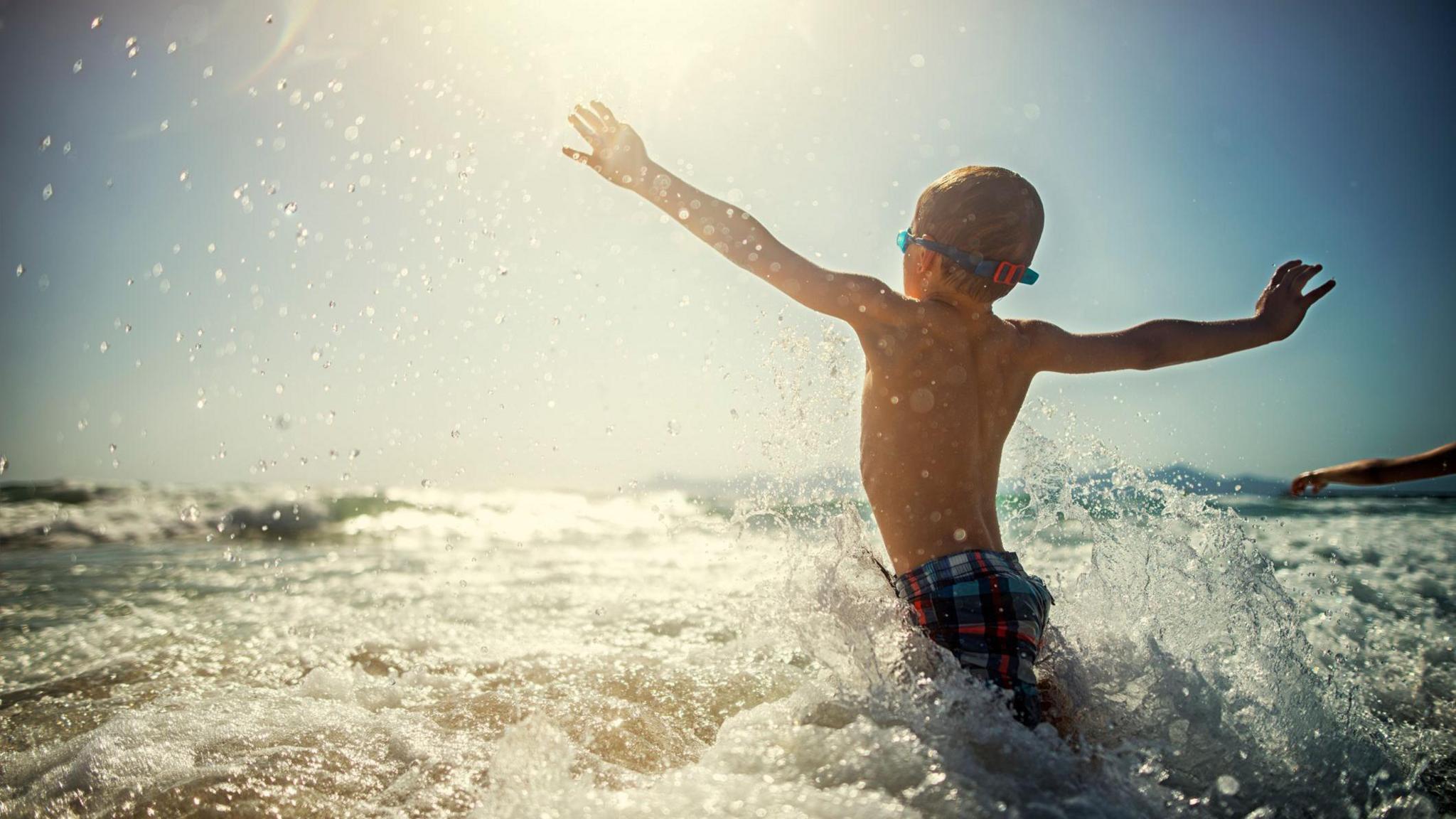
What do you think? Is weeing in the sea a bit gross? Or is it something that just happens?
- Published
What do you do if you're playing in the sea when suddenly you need a wee?
Do you run back to the beach and try to find a toilet or do you... just let it go?
Well in some areas of Spain, authorities are warning that if you do a wee in the sea you could be fined.
Officials in Marbella are believed to be looking into using long-standing rules which would mean people caught weeing in the sea might have to pay up to £634!
Other areas of Spain have already banned wees in the sea, saying it's important to protect the sea environment.
Although it's not yet clear how this will be monitored, or how anyone would find out, it did have us wondering - is it bad to wee in the sea?
See more ocean stories
What is World Oceans Day 2024?
- Published13 June 2024
The amazing new sea life found on 'ocean mountains'
- Published26 February 2024
Mysterious 'golden egg' found at the bottom of the sea
- Published8 September 2023
Is weeing in the sea bad for the environment?
Human urine is typically made up of up to 96% water.
This means that the amount of waste in urine is very small by comparison to the amount of water in the ocean.
Scientists say that the risk of harm to the natural environment (and to nearby swimmers) from human wee is very, very small.
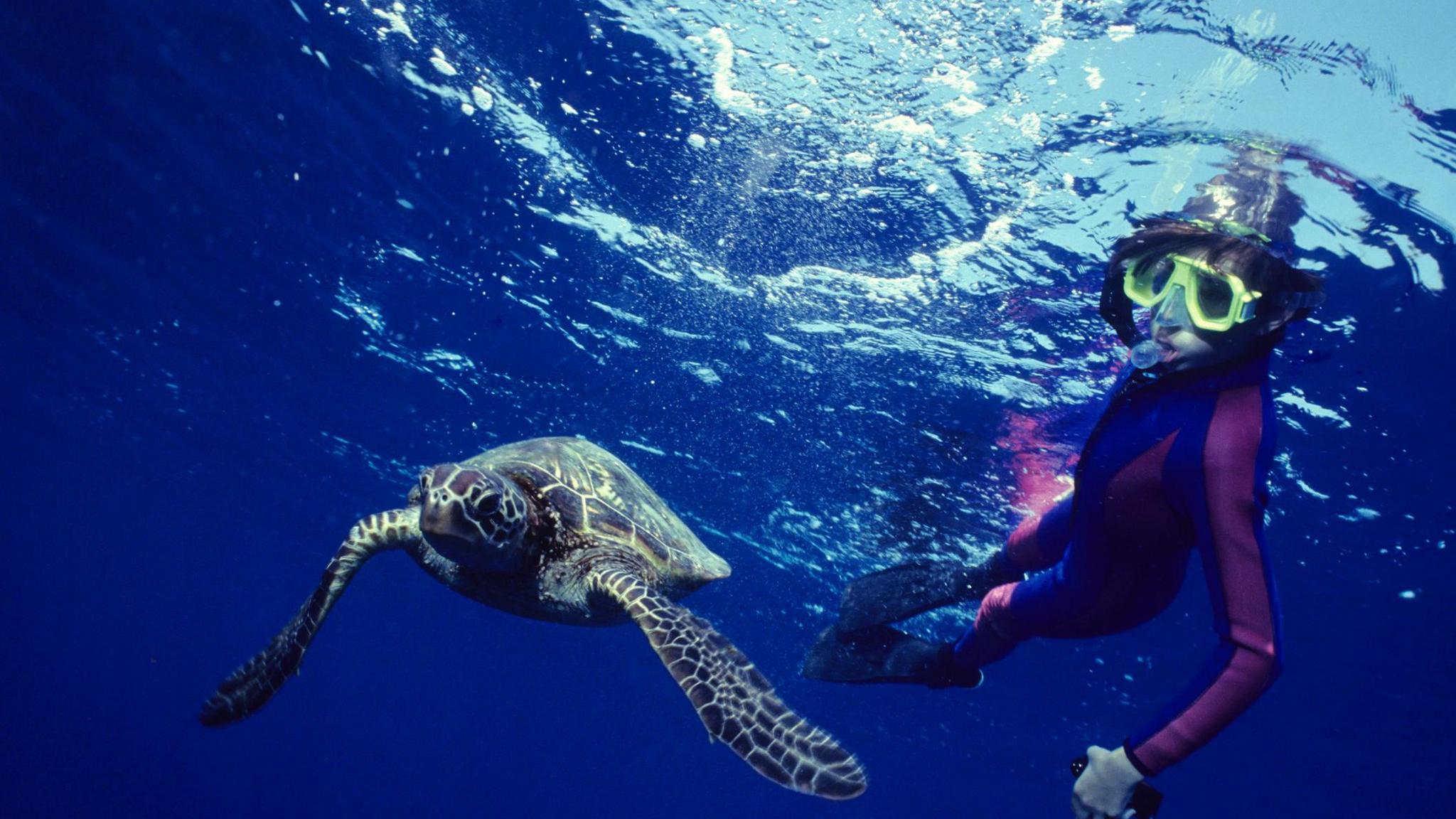
Let's take a deep dive into whether weeing is bad for the environment and the wildlife
And let's not forget, there are millions and millions of aquatic animals doing the exact same thing every single day!
However, there is a separate issue of pollution where different kinds of waste is dumped in the ocean which can damage the environment.
There is also the issue of politeness, bad behaviour and making things unpleasant for other swimmers.
Where else is weeing frowned upon?
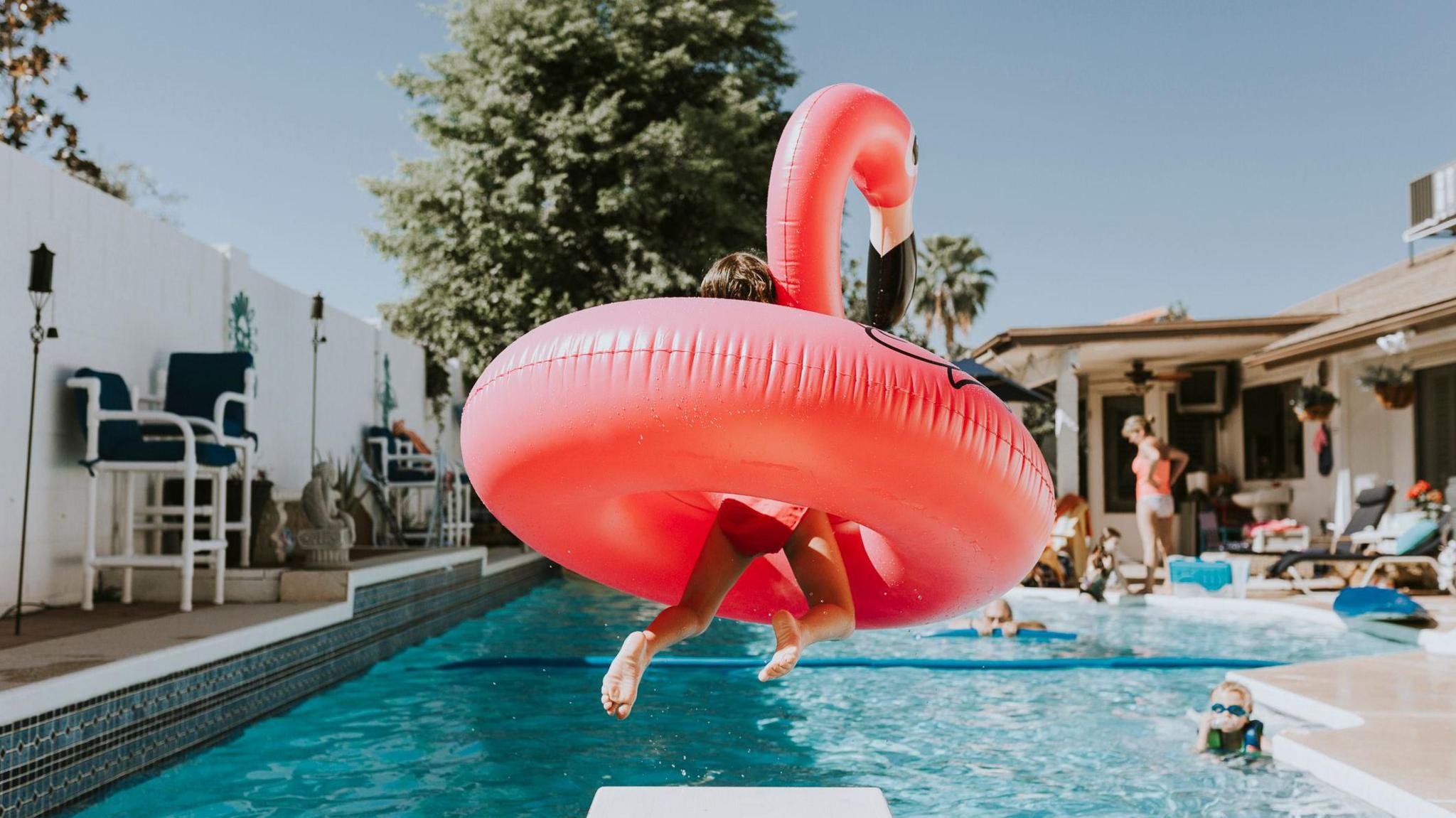
We all know it's not good to wee in a pool, but where else should it be avoided?
Weeing is discouraged in some protected places like coral reefs and lakes.
And it goes without saying that weeing in a public space like a swimming pool or water park is not allowed.
While most pools are cleaned regularly using chemicals like chlorine, weeing in a public pool or water park is thought to be pretty gross and unhygienic.
Take part in our vote, to have you say on weeing in the sea!
- Published25 May 2022
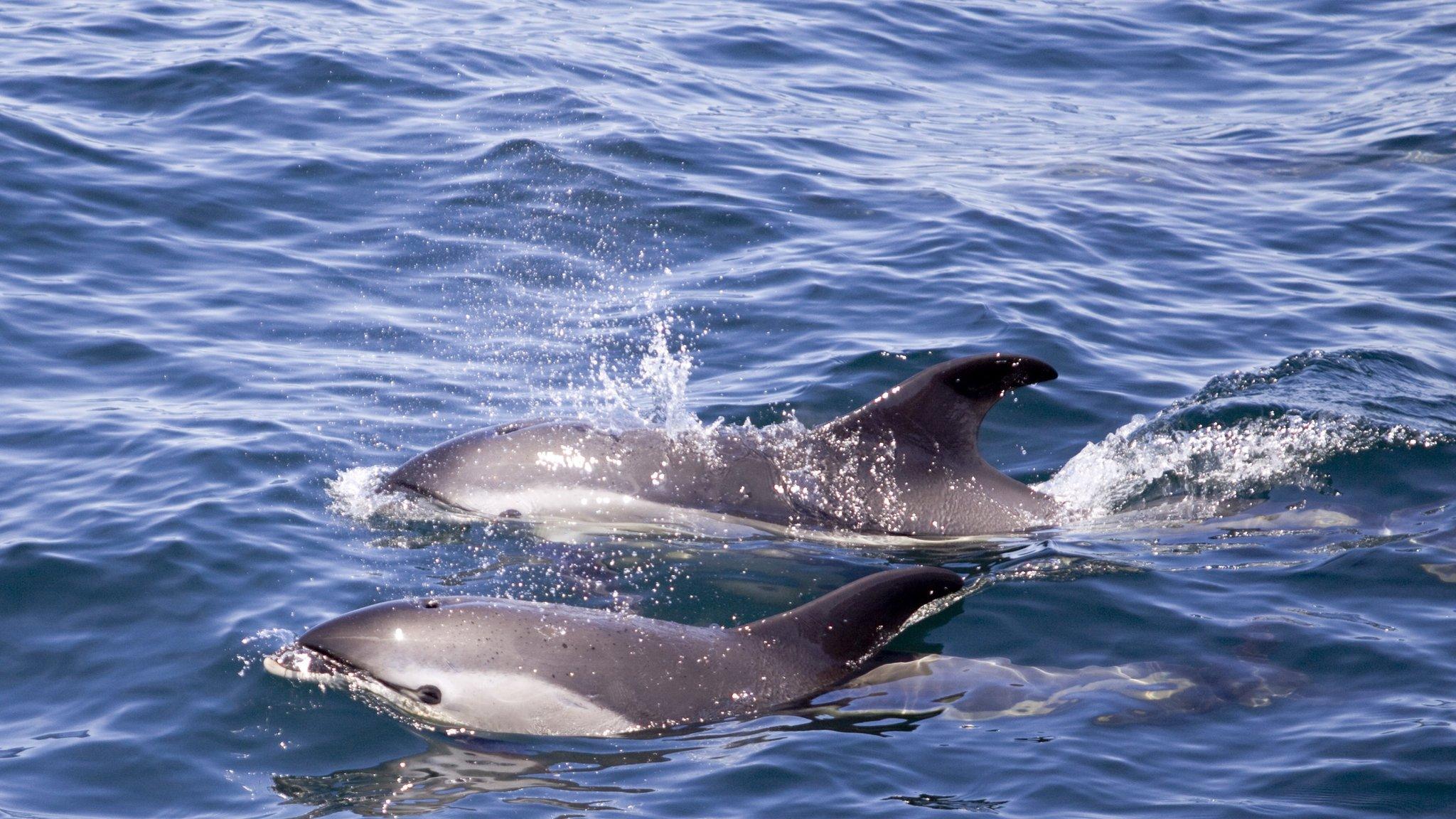
- Published1 June 2022
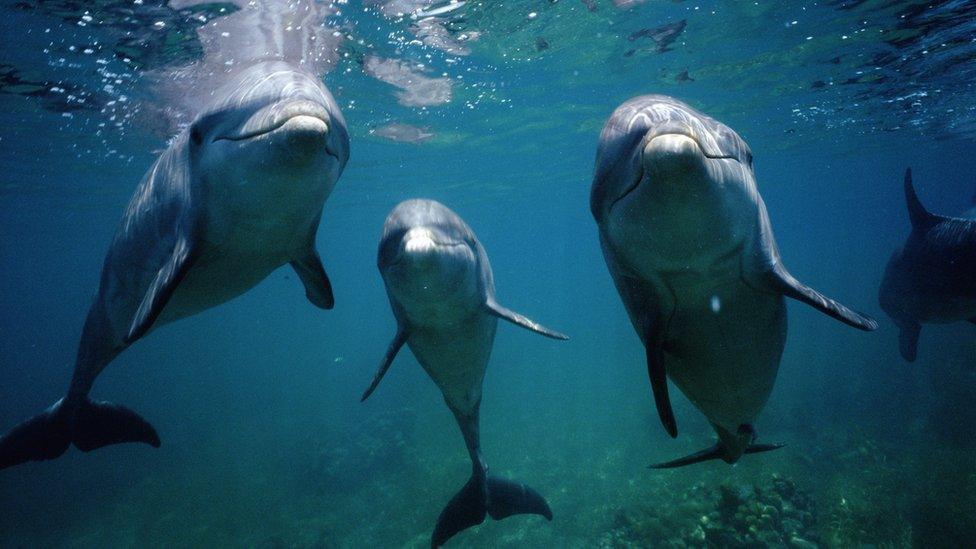
- Published17 February 2022
